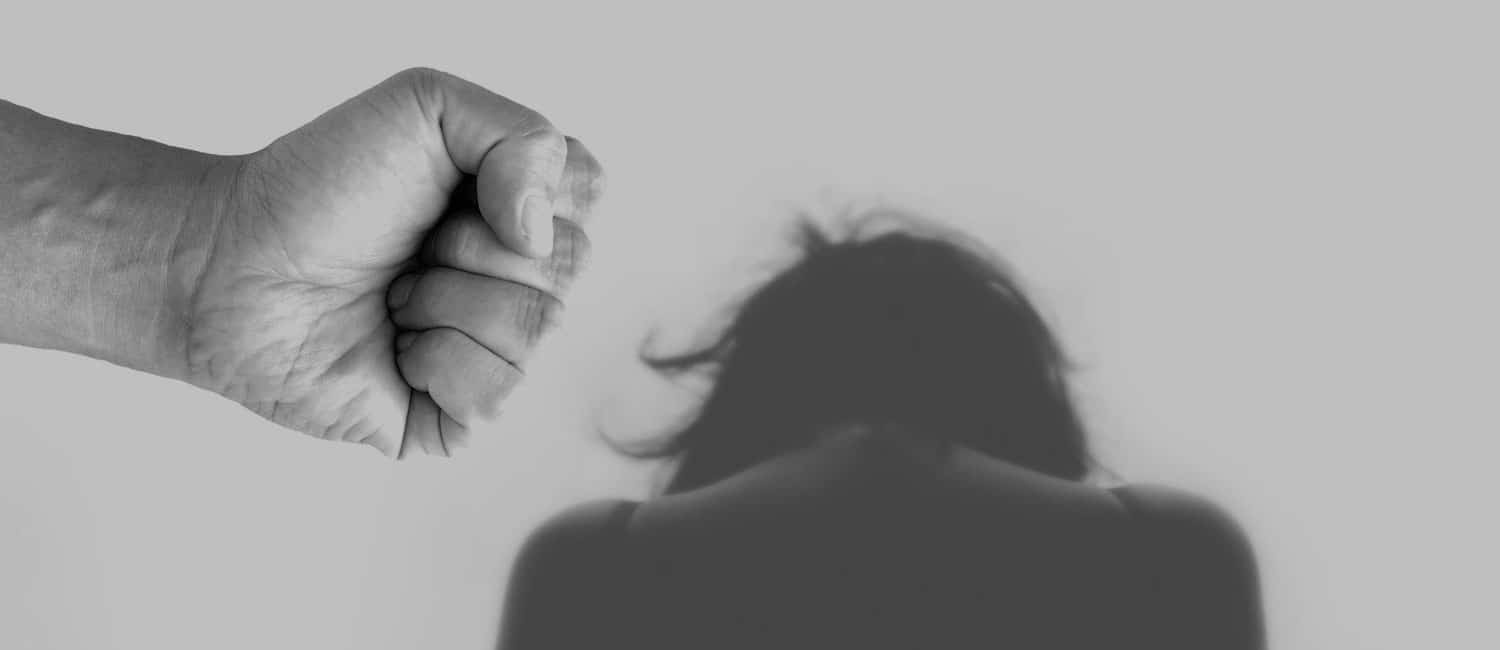Ever since the birth of human civilization, women have been the worst victim of any natural or manmade disaster. Women have always been at the receiving end of violence. Obviously, this corona pandemic is not an aberration to this general trend. Due to gendered socialization, women are made to internalize that home is their safe haven. But in reality, human rights violations are rampant within the confines of such ‘protective’ four walls.
In the nationwide location to confront the deadly coronavirus, social distancing through isolation and self-confinement is the need of the hour. With clouds of financial insecurity looming large, long stretch of hours devoted to domestic chores with a hardly complementary division of labor available from the opposite partner, mostly male, internal resentments are bound to increase. As compared to men, it is women and children who face an unprecedented level of intimate partner violence irrespective of caste and class they belong to. If the wife is socio-economically accomplished, often the husband suffers from an inferiority complex which gets expressed in the worst form through the use of violence.

In the upper and middle classes, if men want they can nurture their intellectual and emotional sensibilities. However, for the lower-middle-class section of the population, mostly illiterate, unemployed, compelled to live twenty-four hours in a very small cramped space with avenues of entertainment closed, physical distancing is a utopia. For them, the urge to gratify animal passion is overwhelming. However the other partner/ spouse tired of performing domestic chores, mostly single-handedly, often may not reciprocate the same feeling, leading to maladjustments, resentments, and finally resorting to violence.
While the liquor shops are being opened to satiate the ‘thirsty’ individual and Indian economy, alcoholism will further escalate violence among a section of men in general. Though Indian laws do not recognize marital rape, it is a reality which a large section of women (often men) confront when curtains are turned down. In India in recent times, as an aftereffect of lockdown, street crimes have decreased, but such intimate partner/ domestic violence has escalated ranging from physical to mental abuse.
Globally also there is an increase in domestic violence. It has compelled the U N. Secretary-General Antonio Guterres to remark, ‘many women under lockdown for COVID19 face violence where they should be safest –in their homes. I urge all governments to put women’s safety first as they respond to the pandemic’.
It is also a reality that a large section of women even though suffers from domestic insecurity, but marital life enables them to enjoy ‘social’ security from lecherous persons roaming in our society. At the same time, many women are not financially independent or have social support to fall back upon if the marriage breaks because of reporting of domestic violence incidents. Hence often women are compelled to tolerate their violation of human rights inside the confines of four walls. For a large section of women, professional social space and networking have a therapeutic effect to ignore such instability in conjugal relationships. Due to lockdown, such therapeutic venues are closed. Social isolation hardens the pain of living in an abusive relationship, thus women suffer intimidation, isolation, loneliness, depression within their life of togetherness.
Violence in intimate relationships permeates our social life. The root cause of such violence is the patriarchal mindset which gets manifested in the form of a misogynist attitude and toxic masculinity. The aim of such behavior is to dominate women. Women’s body becomes a site where power is expressed and efforts are made to render her powerless, without an agency. Rampant commodification of women is taking place in social and virtual space. There cannot be an instant solution for such social malady. In contemporary times in India as elsewhere there exists a proliferation of legal provisions for punishing such crimes committed upon women.
It is necessary to debunk gender stereotypes. Gender sensitization throughout the length and breadth of the society is the need of the hour. In rural and urban areas non-governmental organizations in collaboration with government organizations can disseminate information on gender-related issues. Helpline run by nongovernmental organizations in collaboration with police should play an active role. Women officers at women police stations with nongovernmental organizations can indulge in legal and psychological tele-counseling during this phase of the corona pandemic.
In Punjab, 112 National Emergency Helpline has been working as the nodal helpline for COVID-19 issues. The National Commission for Women has launched a Whatsapp number to report cases of domestic violence. The civil society should take on the social responsibility for preventing such crimes against women.
Unless we take on such social responsibility and accountability, this violent social virus permeating our homes will create havoc in our society. The aim of these testing times is to invest in social cohesion and solidarity (by maintaining physical distance) for the well being of human society.

